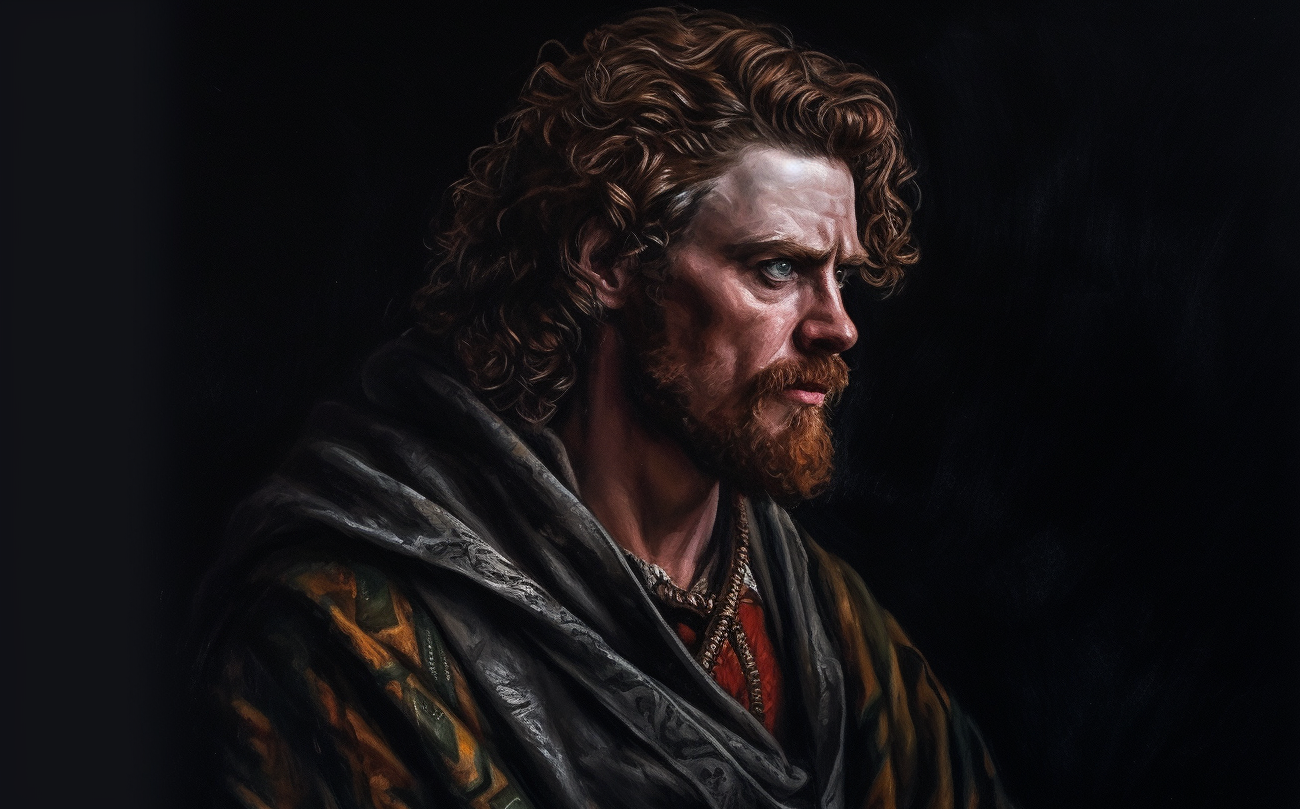In Irish folklore, Neit, which can also be spelled Neith, was a war god. He was a member of the Tuatha Dé Dannan, the last group of extraordinary men to take over Ireland. The Celtic gods Tuatha Dé Dannan are regarded as the spiritual ancestors of the Irish people. Most of them, like Neit, definitely have ties to other European religions. They came to the area with people from continental Europe in the Iron Age.
The Tuatha Dé Dannan, on the other hand, often fight these Celtic gods during their wars against Ireland’s first people. Instead of a dynasty, they left behind a group of blended families with children from several generations. These children are their most important heritage. Even though Neit was a god in the Celtic religion, his story shows that Ireland wasn’t just a Celtic place. Ancient and Celtic stories are mixed together in the Gaels’ myths.
There are no records left of Neit’s early life. He was linked to many figures in Irish mythology, so it’s not even clear which part of mythology he originally belonged to. Some records say that the Fomorians were the first people to live in Ireland. The first settlers, on the other hand, were able to easily defeat them because they were physically weak and mostly lived off of hunting. After that, Nemed and his followers showed up, and the Fomorians were told they had to pay a lot of payment. After the Fomorians kicked Nemed’s people out of Ireland, only thirty of them were left alive. They finally felt like they were in charge.
But they continued to live apart, so when the Fir Bolg came, they didn’t talk to each other. The last of Nemed’s people, the Tuatha Dé Dannan, finally got to Ireland after a long wait. Many Irish people believe that the Tuatha Dé Dannan are their gods, and they are the most well-known of the island’s mythical ancestors. Neit was linked to many fictional groups, and the fact that he switched sides a lot was a big part of his story.

Because they beat the Fir Bolg, the Tuatha Dé Dannan came to hate the Fomorians in the end. Even so, some pairs got married to the families of each other. Neit, Dagda’s uncle, was a very important person in the Tuatha Dé Dannan. At least one of the boys, though, became important in Fomori history. That’s not because he married a Fomorian woman. Different people say that Neit was the husband of Band and Nemain. Neit and his brother, who is Dagda’s real father, may have both come from the same Fomorian ancestor. If this is true, Neit gave up his old loyalty and joined his Tuatha Dé Dannan, his new wife, and his nephew.
The Cath Tánaiste Maige Tuired, also known as the Second War of Mag Tuired and Moytura in English, was the most important battle in the long war between the Fomorians and the Tuatha Dé Dannan. At this point, Tuatha Dé Dannan had one last chance to claim Ireland before the Fomorians took it over and ruled over the strangers. During their rule, the Fomorians put Bres, a cousin of Neit’s, in charge of the Tuatha Dé Dannan. Bres mistreated the Tuatha Dé Dannan, who were probably his cousins, to show his loyalty to his father’s tribe, the Fomorians.
When Bres’s uncle Nuada took over Tuatha Dé Dannan with the help of another half-Fomorian, Lugh, he begged his father, the Fomorian king Elatha, to step in and stop them. Balor of an Evil Eye, Neit’s grandson, agreed to lead Elatha’s troops after Elatha said no. Mag Tuired was the site of a terrible battle between the magical and physical power of the two sides. During the battle, both groups lost their leaders. Nuada died, and Lugh killed Balor, the Evil Eye. It was said that Neit had also been killed in battle. Even though the god of war had died, his people won in the end thanks to his equally violent partner.






